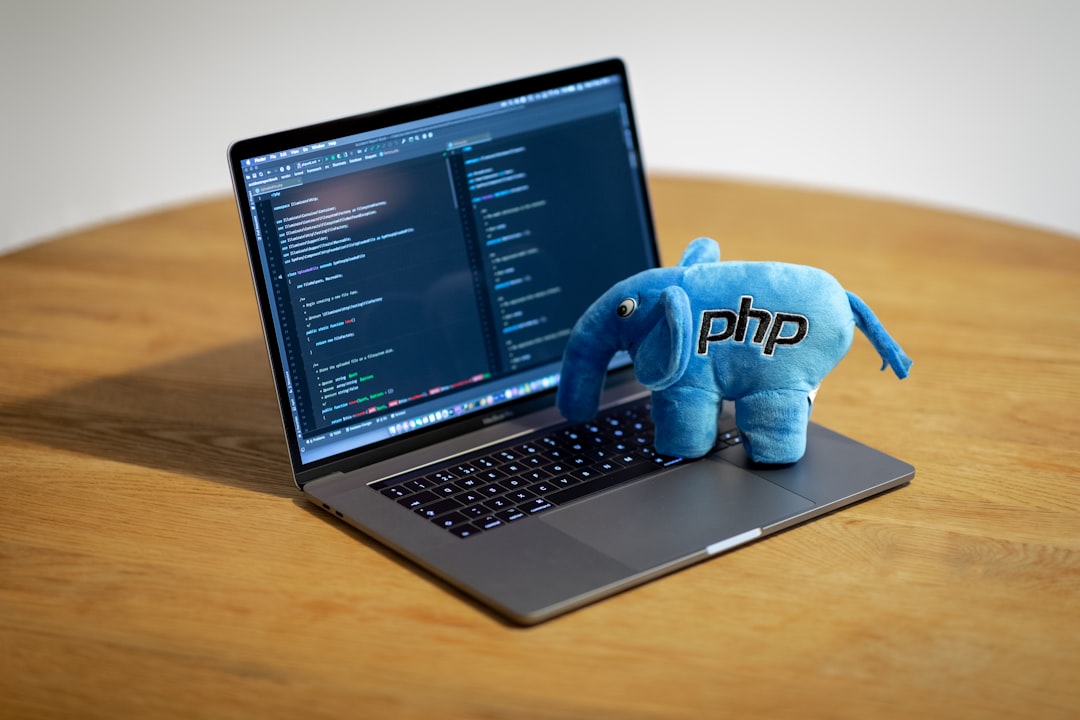
Coding Secrets Revealed: Mastering Programming Fundamentals
In today’s fast-paced tech environment, mastering programming fundamentals is not just a luxury but a necessity. As software evolves, so do the complexities of coding. This article, “Coding Secrets Revealed: Mastering Programming Fundamentals,” aims to unravel the essential principles of programming, providing insights and tools to help you excel in your coding journey.
Understanding Programming Fundamentals
Programming fundamentals encompass the core concepts and skills that form the foundation of software development. These include variables, data types, control structures, functions, and algorithms. Each of these elements plays a crucial role in building efficient and maintainable code.
Key Components of Programming Fundamentals
-
Variables and Data Types: Understanding how to use variables to store data is crucial. Different programming languages offer various data types, such as integers, strings, and booleans, which allow developers to manipulate data effectively.
-
Control Structures: These are constructs that dictate the flow of a program. Familiarity with loops (for, while) and conditionals (if, switch) is essential for creating dynamic and responsive applications.
-
Functions and Scope: Functions allow programmers to encapsulate code for reuse. Understanding how scope works helps prevent issues related to variable accessibility.
-
Algorithms: The ability to design efficient algorithms is a hallmark of a skilled programmer. This includes knowledge of sorting algorithms, search algorithms, and understanding time complexity.
Current Developments in Programming Fundamentals
The Rise of Functional Programming
Functional programming has gained traction in recent years, promoting immutability and first-class functions. Languages like Scala, Haskell, and JavaScript have embraced functional concepts, leading to cleaner and more reliable code.
Emphasis on Code Readability and Maintenance
As projects grow in complexity, the need for readable and maintainable code has become paramount. Tools like linters and formatters help enforce coding standards, making collaboration easier among team members.
Integration with DevOps Practices
The integration of programming with DevOps practices enhances the development lifecycle. Continuous integration and continuous deployment (CI/CD) pipelines ensure that code changes are automatically tested and deployed, reducing the time from development to production.
Practical Applications of Programming Fundamentals
Building a Simple Application
Let’s consider building a simple application that tracks tasks. This example will demonstrate how programming fundamentals come together to create a functional program.
# Define a list to hold tasks
tasks = []
# Function to add a task
def add_task(task):
tasks.append(task)
print(f'Task "{task}" added!')
# Function to display tasks
def display_tasks():
print("Tasks:")
for task in tasks:
print(f'- {task}')
# Adding tasks
add_task("Learn Python")
add_task("Read about Functional Programming")
# Displaying tasks
display_tasks()In this code snippet, we define a simple task manager that uses lists and functions, illustrating variable handling, control structures, and algorithm design.
Expert Opinions on Programming Fundamentals
To gain further insights, we consulted coding experts who emphasized the importance of mastering programming fundamentals. Renowned software engineer Jane Doe states, “The true power of programming lies in understanding the underlying principles rather than just learning syntax. This foundational knowledge allows you to adapt to any programming language with ease.”
Tools and Resources for Mastering Programming Fundamentals
As you embark on your journey to master programming fundamentals, consider utilizing the following resources:
-
Books:
- “Clean Code: A Handbook of Agile Software Craftsmanship” by Robert C. Martin
- “The Pragmatic Programmer” by Andrew Hunt and David Thomas
-
Online Courses:
-
Coding Practice Platforms:
Glossary of Terms
- Variable: A storage location identified by a name that holds a value.
- Data Type: A classification that specifies the type of data a variable can hold.
- Algorithm: A step-by-step procedure for solving a problem.
- Function: A block of code that performs a specific task.
Conclusion
Mastering programming fundamentals is a journey filled with challenges and rewards. By understanding core concepts and keeping abreast of current developments, you can significantly enhance your coding capabilities. Embrace the secrets of coding, and watch your programming skills flourish.
For further reading and exploration, consider diving into the suggested resources. Stay curious and keep coding!
If you found this article helpful, consider sharing it with your network or subscribing to our newsletter for more insightful content on programming and DevOps.
Tags: #DevOpsAutomation, #UbuntuAdmin, #ContinuousDeployment, #Github, #ProgrammingFundamentals


